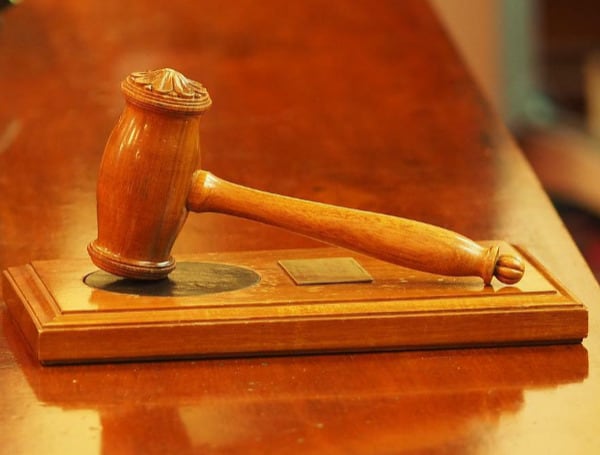Justice Samuel Alito issued on Tuesday a strongly-worded dissent from the Supreme Court decision to deny a writ of certiorari to review a case concerning affirmative action at a prominent high school.
The Court declined certiorari in the case Coalition for TJ v. Fairfax County School Board, where a group of parents and students at the Thomas Jefferson High School for Science and Technology in Alexandria, Virginia, sued to revoke a new admissions policy that they claimed was discriminatory against Asian Americans.
Amid the Court’s denial, which left in place a ruling by the U.S. Court of Appeals for the Fourth Circuit that affirmed the policy, Alito wrote a dissent that accused the majority of detracting from the ruling in Students for Fair Admissions, Inc. v. Harvard that declared race-based admissions policies unconstitutional.
Help support the Tampa Free Press by making any small donation by clicking here.
“Even though the new policy bore ‘more heavily’ on Asian- American applicants (because it diminished their chances ofadmission while improving the chances of every other racial group), the [Fourth Circuit] majority held that there was no disparate impact because they were still overrepresented in the [school’s] student body,” Alito wrote in his dissent, which was joined by Justice Clarence Thomas. “That is indefensible … [t]he Fourth Circuit’s decision is based on a theory that is flagrantly wrong and should not be allowed to stand.”
Alito accused the Fourth Circuit of distorting the meaning of “disparate impact,” a standard that is used to determine whether an ostensibly race-neutral policy is adopted for a “racially discriminatory intent or purpose” and, thus, unconstitutional.
“[Asian-ethnic] students have had greater success in securing admission to [the school] under the policy than students from any other racial or ethnic group,” Judge Robert Bruce King of the Fourth Circuit, an appointee of President Bill Clinton, wrote in his decision, adding that “the [appellee] fails to identify any evidence suggesting that the Board adopted the policy ‘at least in part because of’ some calculated adverse effect[s] on Asian American students.”
Read: School Chaplains Proposal In Florida Advances
Alito claimed this aspect of the Fourth Circuit’s ruling was “clearly mistaken” and “completely distorted.”
“Under the old policy, each Asian-American applicant had a certain chance of admission. Under the new policy, that chance has been significantly reduced, while the chance of admission for members of other racial and ethnic groups has increased. Accordingly, the new admissions policy bore more heavily on Asian-American applicants,” Alito wrote. “The holding below effectively licenses official actors to discriminate against any racial group with impunity as long as that group continues to perform at a higher rate than other groups.”
The record in the case included emails and correspondence from school officials expressing a desire to increase the number of black and Hispanic students in the student body using a new admissions process. “[We] must recognize the unacceptable numbers of such things as the unacceptable numbers of African Americans that have been accepted to [the school],” board member Karen Keys-Gamarra wrote in a communique that was included in the record, according to the petition for certiorari.
Alito warned that the Court’s decision would make the school’s policy serve as a model for groups wishing to circumvent the constitutional prohibition on race-conscious admissions policies, an argument that was also raised by numerous amici curiae in the case.
Help support the Tampa Free Press by making any small donation by clicking here.
“[T]he Fourth Circuit’s reasoning is a virus that may spread if not promptly eliminated … the First Circuit has already favorably cited the Fourth Circuit’s analysis to disparage the use of a before-and-after comparison,” Alito noted, adding that “TJ’s model itself has been trumpeted to potential replicators as a blueprint for evading SFFA.”
A decision to grant certiorari requires the support of four justices, with Tuesday’s decision meaning that the Republican-appointed Chief Justice John Roberts and Justices Neil Gorsuch, Brett Kavanaugh and Amy Coney Barrett voted against certiorari, as there were no noted recusals. They did not write an opinion responding to Alito’s criticism.
“The Court’s willingness to swallow the aberrant decision below is hard to understand,” Alito wrote. “We should wipe the decision off the books, and because the Court refuses to do so, I must respectfully dissent.”
Help support the Tampa Free Press by making any small donation by clicking here.
Android Users, Click To Download The Tampa Free Press App And Never Miss A Story. Follow Us On Facebook and Twitter. Sign up for our free newsletter.

